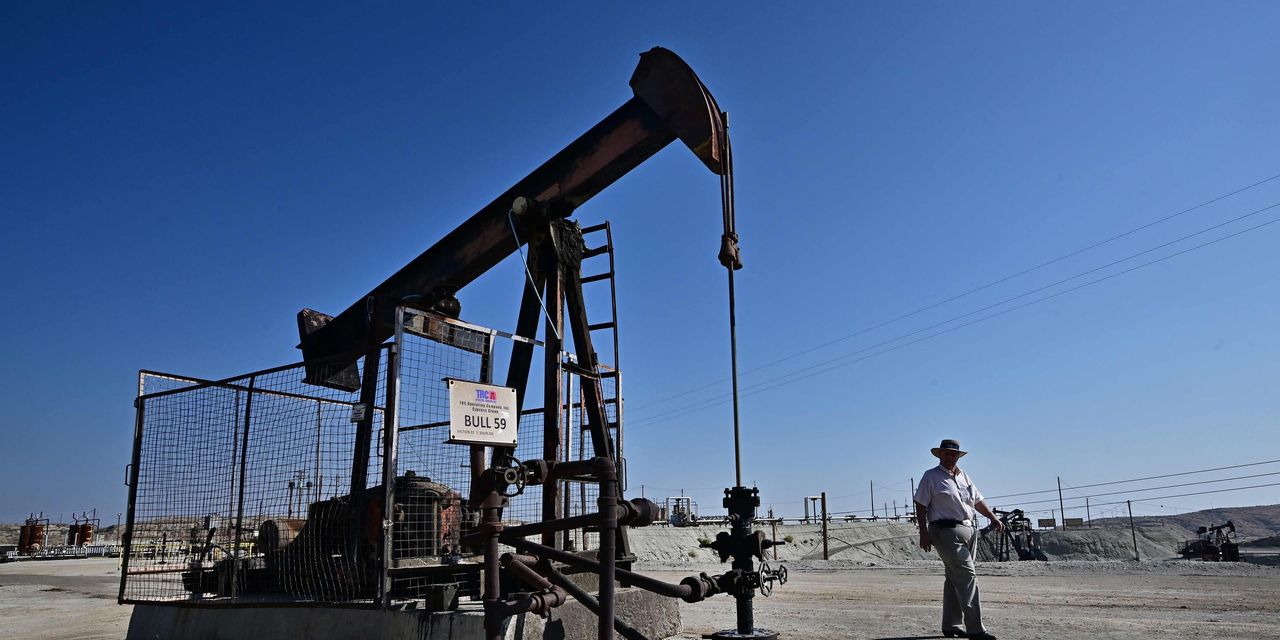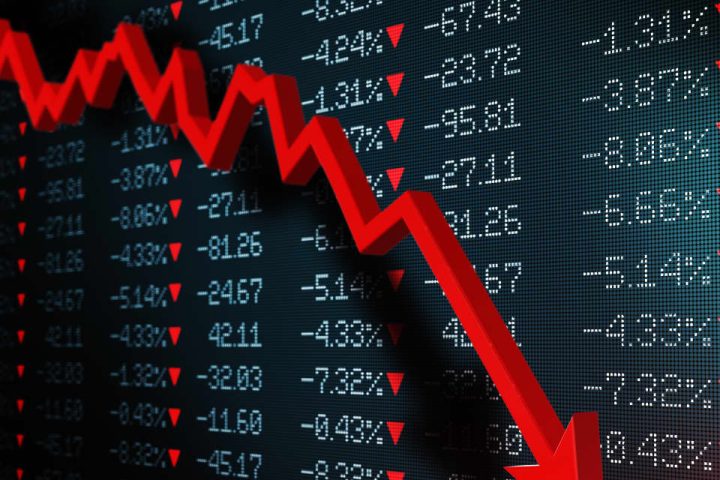Oil futures rose Thursday, attempting to snap a three-day losing streak after the U.S. benchmark ended the previous session just above the $80-a-barrel threshold after wiping out gains seen after the Hamas attack on southern Israel last month.
Price action
-
West Texas Intermediate crude for December delivery
CL00,
+2.56% CL.1,
+2.56% CLZ23,
+2.56%
rose 55 cents, or 0.7%, to $80.99 a barrel on the New York Mercantile Exchange, after ending Wednesday at its lowest since Aug. 28, -
January Brent crude
BRN00,
-0.06% BRNF24,
-0.06% ,
the global benchmark, gained 78 cents, or 0.9%, to trade at $85.41 a barrel on ICE Futures Europe. It ended Wednesday at its lowest since Oct. 6, the last trading day before the Hamas attack. -
December gasoline
RBZ23,
+2.86%
tacked on 1.5% to $2.2181 a gallon, while December heating oil
HOZ23,
+1.91%
shed nearly 0.1% to $2.9592 a gallon. -
Natural gas for December delivery
NGZ23,
-0.23%
traded at $3.432 per million British thermal units, down 1.8%.
Market drivers
A generally upbeat tone to global markets — with U.S. equity futures on the rise, Treasury yields pulling back and a weaker U.S. dollar after the Federal Reserve decided Wednesday to not raise interest rates — did little to convince traders another rate hike is on the way, was helping to lift crude, market watchers said.
“Post-Fed Treasury yields have been coming down, which has dragged on the U.S. dollar, removing a headwind from the price of oil and other commodities” in Thursday dealings, Colin Cieszynski, chief market strategist at SIA Wealth Management, told MarketWatch.
See: Stocks rallied because Fed’s Powell didn’t ‘nudge’ markets harder on potential rate hike
Analysts continue to monitor the Israel-Hamas war for signs of a potential spillover that could involve Iran. Crude had rallied following the start of the war on fears that a wider conflict could see the U.S. more heavily enforce sanctions on Iranian crude exports, while a worst-case scenario could see Iran or its proxies threaten key transportation chokepoints and infrastructure in the region.
But prices have since retreated.
Read Israel-Hamas war has potential to fuel oil-price shock that can disrupt food security: World Bank
“We are back to levels last seen before the atrocity suggesting that traders don’t expect hostilities to spread,” David Morrison, senior market analyst at Trade Nation, said in a note.
That said, the threat of disruption to oil production, infrastructure or
logistics remains, analysts at Sevens Report Research said in a note.
“That threat will keep short sellers on their toes until there is a cease-fire called, leaving the market susceptible to potentially sizable short squeezes,” they wrote.
In other energy dealings, prices for natural gas continued to trade lower after the U.S. Energy Information Administration reported Thursday that U.S. natural-gas supplies in storage climbed by 79 billion cubic feet for the week ended Oct. 27.
On average, analysts surveyed by S&P Global Commodity Insights forecast an increase of 83 billion cubic feet.
Read the full article here







